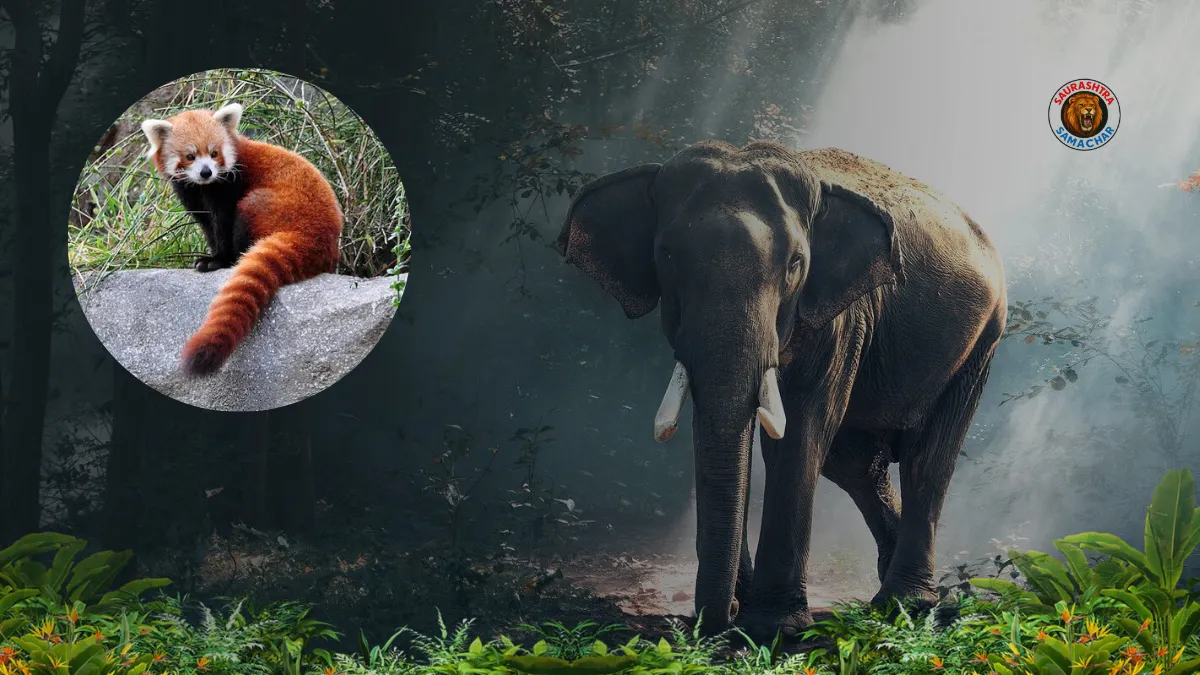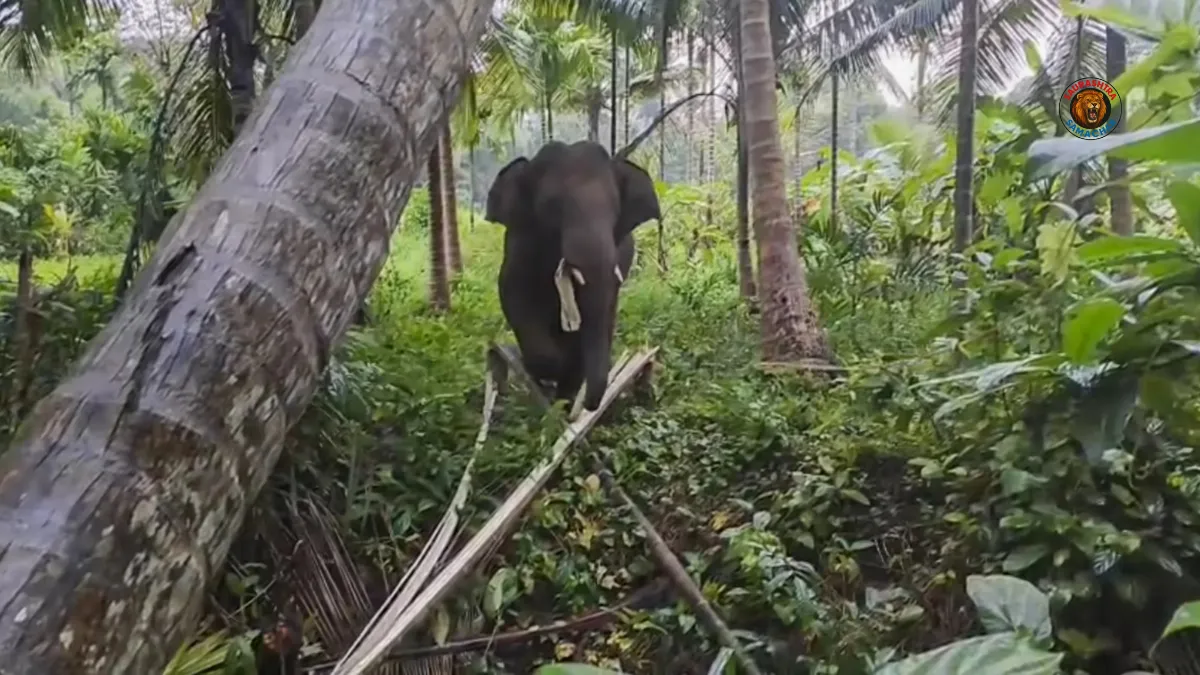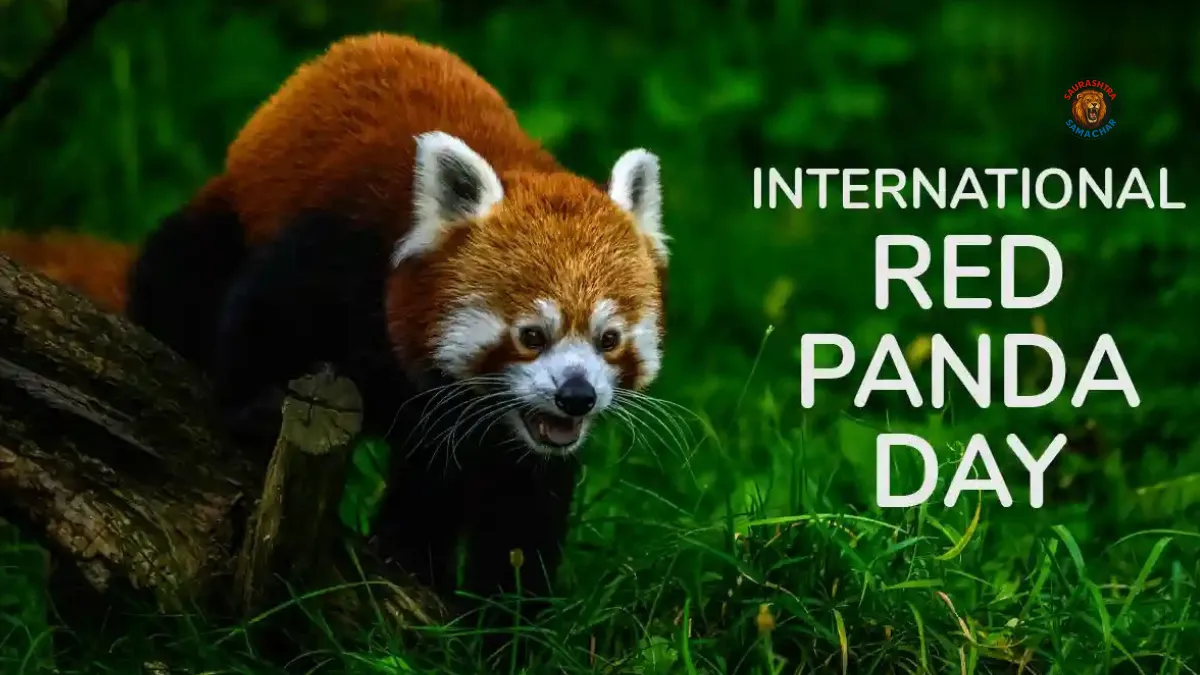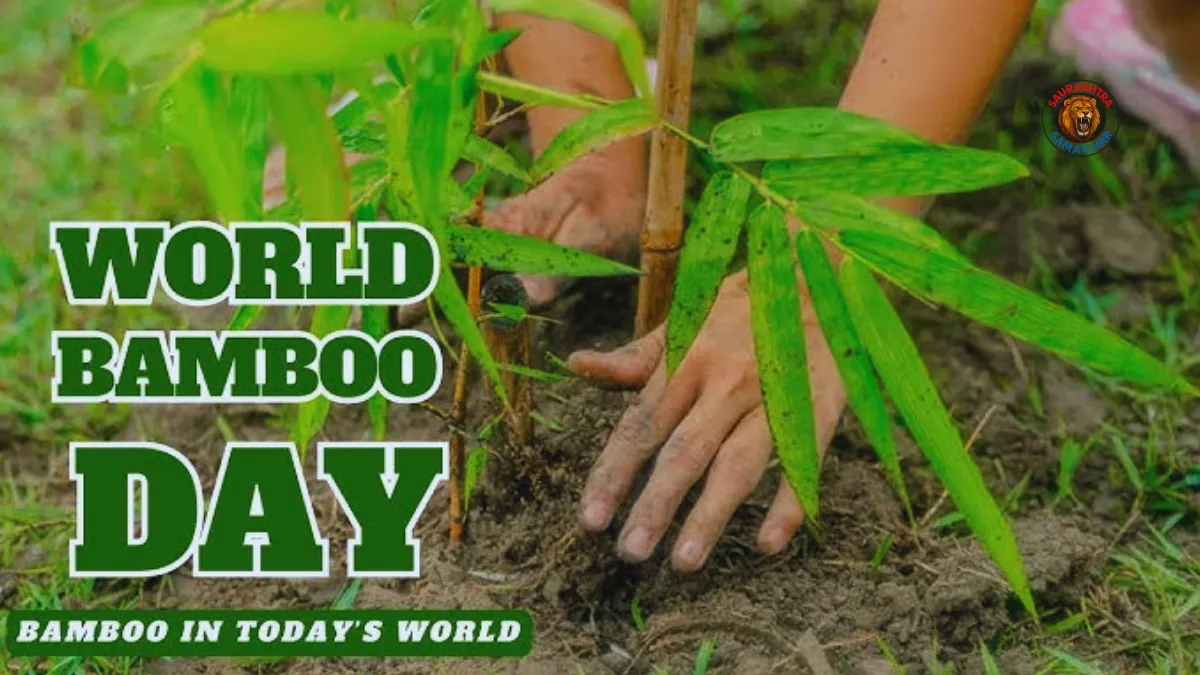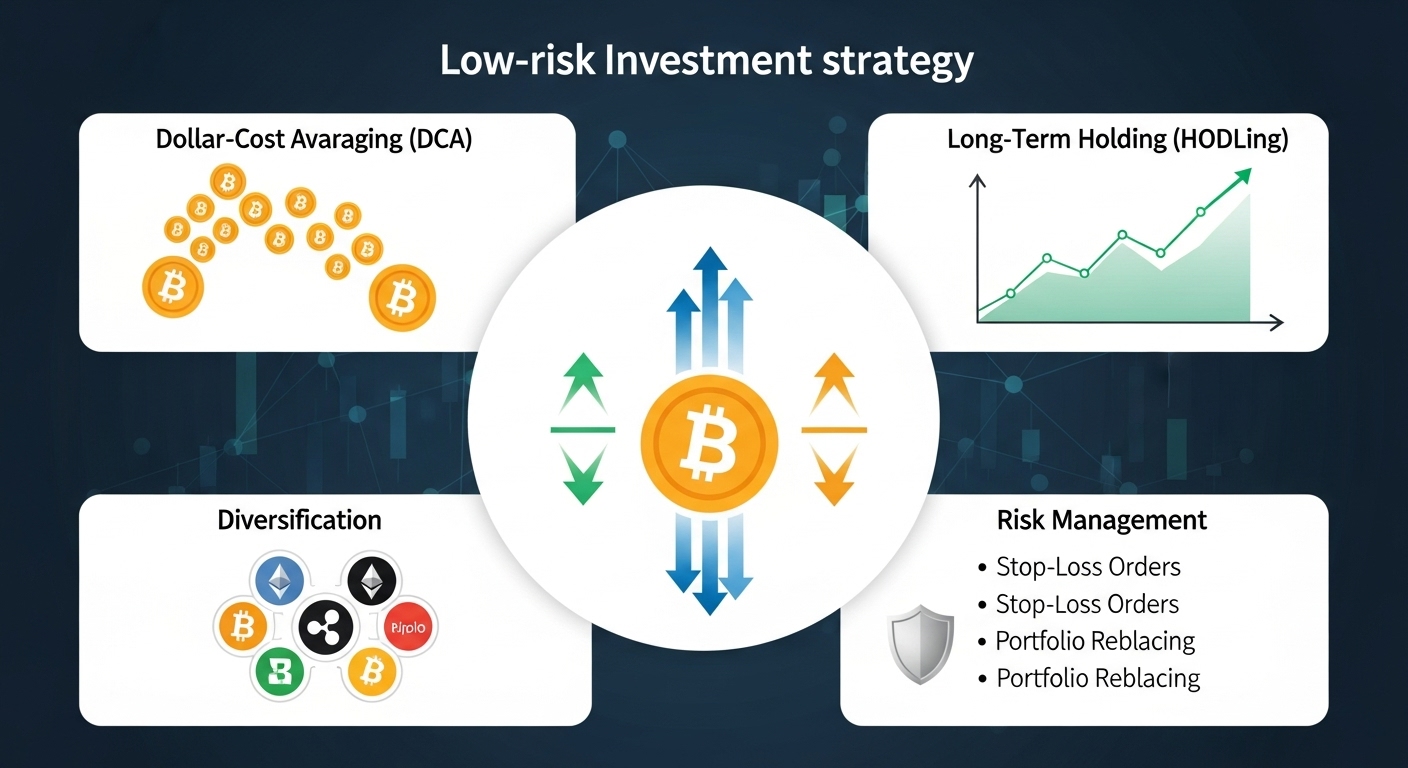World Elephant Day 2025 is a global event dedicated to creating awareness about one of the most magnificent and intelligent creatures on Earth – the elephant. Every year on August 12, people from all walks of life come together to honor these gentle giants, highlight the challenges they face, and inspire action for their protection.
From the African savannas to the forests of Asia, elephants hold an irreplaceable place in ecosystems and human culture. Sadly, their survival is under severe threat due to poaching, habitat loss, and human–wildlife conflict. World Elephant Day aims to bridge the gap between awareness and action by encouraging individuals, organizations, and governments to work together for their conservation.
The History and Purpose of World Elephant Day
The idea for World Elephant Day was born in 2012 through the efforts of Canadian filmmaker Patricia Sims and the Elephant Reintroduction Foundation in Thailand. Since then, it has grown into a worldwide movement supported by numerous wildlife organizations and conservationists.
The day’s purpose is simple yet powerful:
- Spread awareness about the plight of elephants.
- Educate people on the importance of their conservation.
- Promote solutions to protect elephants and their habitats.
By uniting under one global platform, supporters can create a stronger voice for elephant welfare and ensure future generations can witness their beauty in the wild.
Why Elephants Are So Important
Elephants are more than just the largest land mammals. They are known as “ecosystem engineers” because they shape their environment in ways that benefit countless other species.
African Elephants – Found across 37 countries in Africa, they help maintain savanna ecosystems by uprooting trees, which allows grasslands to thrive.
Asian Elephants – Native to 13 countries in Asia, they spread seeds through their dung, supporting forest regeneration.
Their intelligence, memory, and emotional depth make them one of the most fascinating species on Earth. Elephants display empathy, mourn their dead, and have strong family bonds – traits that closely mirror human behavior.
Threats Facing Elephants in 2025
Despite global conservation efforts, elephants remain endangered.
- Poaching – Illegal hunting for ivory tusks continues in several parts of Africa and Asia, driven by black market demand.
- Habitat Loss – Expanding agriculture, logging, and urbanization are shrinking elephant habitats.
- Human–Wildlife Conflict – As elephants lose their natural space, they sometimes raid crops, leading to conflict with local communities.
- Climate Change – Altered rainfall patterns and rising temperatures are affecting water and food availability in elephant habitats.
World Elephant Day 2025 Activities and Global Participation
Around the world, people celebrate World Elephant Day 2025 through a variety of activities:
- Educational Programs – Schools, zoos, and wildlife centers host awareness sessions.
- Fundraising Events – NGOs organize charity walks, art exhibitions, and online donation drives.
- Social Media Campaigns – Hashtags like #WorldElephantDay and #SaveTheElephants trend globally.
- Wildlife Tours – Ethical safaris and elephant sanctuaries offer visitors a chance to see elephants without causing harm.
How You Can Help on World Elephant Day 2025
You don’t need to be a conservationist to make a difference. Here’s what anyone can do:
- Donate to reputable elephant conservation organizations.
- Avoid ivory products and educate others about the illegal ivory trade.
- Support eco-tourism that benefits local communities and protects wildlife.
- Plant trees and help restore elephant habitats.
- Share information on social media to spread awareness.
Elephants in Culture and Spirituality
In many cultures, elephants symbolize wisdom, strength, and good fortune.
- India – The elephant-headed god Ganesha represents wisdom and prosperity.
- Thailand – The elephant is a national symbol and appears on historical emblems.
- Africa – Elephants are revered in folklore and are often associated with leadership and power.
Their cultural significance further emphasizes why their protection is not just about biodiversity but also about preserving heritage.
The Future of Elephants – What Needs to Change
For elephants to survive beyond 2025, global collaboration is essential. Governments must strengthen anti-poaching laws, communities should benefit from conservation programs, and international cooperation must address illegal wildlife trade.
Technology is also playing a key role – from GPS tracking of elephant movements to drones that monitor poachers, innovative solutions are emerging to safeguard these magnificent animals.
Conclusion: Standing Together for Elephants
World Elephant Day 2025 is more than a celebration; it’s a call to action. Every choice we make – from the products we buy to the causes we support – can help secure a future where elephants roam free.
By valuing these gentle giants not only for their beauty but also for the vital role they play in our planet’s health, we can ensure they remain a living symbol of strength, unity, and harmony for generations to come.


